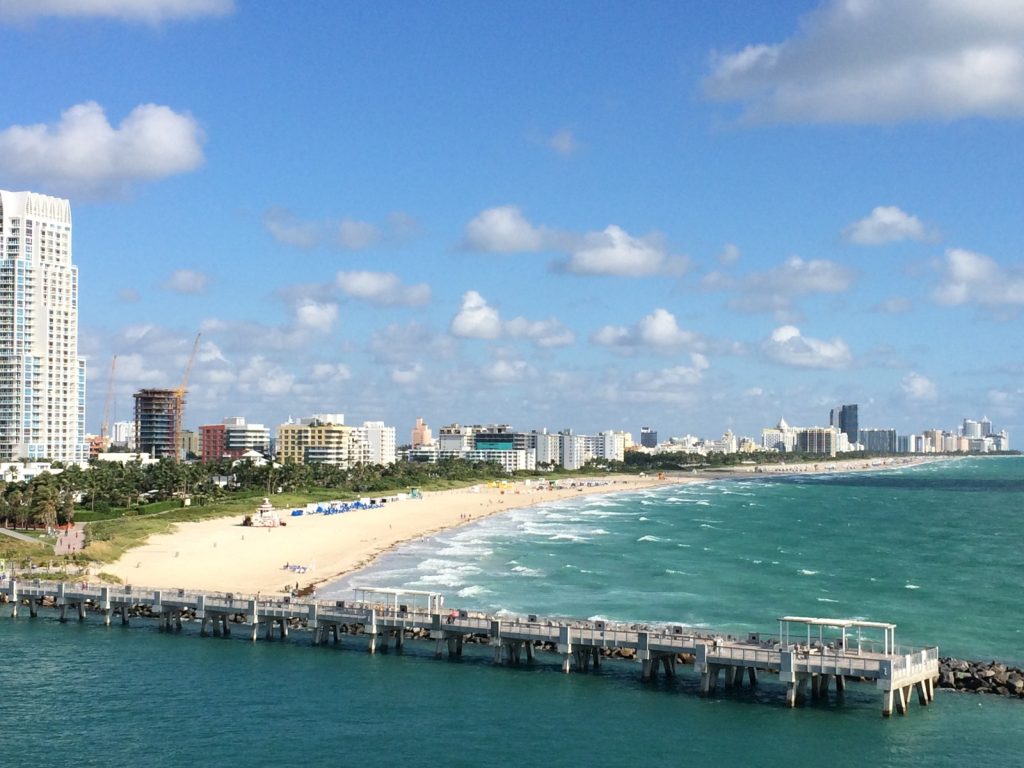- Overview
- Trip Outline
- Trip Includes
- Trip Excludes
- Gallery
- Reviews
- Booking
- FAQ
Kruger National Park is one of the largest and most famous game reserves in Africa. It is located in northeastern South Africa, stretching across the provinces of Limpopo and Mpumalanga. Established in 1898, Kruger National Park covers an area of approximately 19,485 square kilometers (7,523 square miles).
The park is named after Paul Kruger, the former president of the South African Republic, who played a significant role in its establishment. It forms part of the larger Great Limpopo Transfrontier Park, which also includes game reserves in Mozambique and Zimbabwe, creating a massive conservation area.
Kruger National Park is renowned for its diverse wildlife and is home to an impressive array of animal species, including the "Big Five" (elephant, lion, leopard, rhinoceros, and buffalo). Other notable animals found in the park include giraffes, zebras, hippos, crocodiles, cheetahs, wild dogs, and numerous antelope species.
The park offers visitors opportunities for game drives, guided walks, and wilderness trails, allowing them to observe the wildlife in their natural habitat. It has an extensive network of roads and rest camps, providing accommodation options ranging from basic camping sites to luxury lodges.
Here's a sample itinerary for a visit to Kruger National Park:
Itineraries
Day 1
Arrival and Rest
Arrive at one of the park's entrance gates, such as the Paul Kruger Gate or Phabeni Gate.
Check into your accommodation, whether it's a campsite, rest camp, or private lodge.
Take some time to relax and settle in.
Day 2
Morning Game Drive and Rest Camp Exploration
Wake up early for a morning game drive, when wildlife is most active.
Join a guided game drive or explore the park on your own if you have a rental vehicle.
Keep an eye out for the "Big Five" and other animals like giraffes, zebras, and antelopes.
Return to your rest camp for breakfast and rest during the hottest part of the day.
Explore the camp's amenities, such as swimming pools, restaurants, and shops.
In the afternoon, take a self-guided walk along one of the camp's nature trails.
Day 3
Full-Day Game Drive
Embark on a full-day game drive to explore different areas of the park.
Pack a picnic lunch or stop at one of the park's picnic sites for a meal.
Visit different habitats, such as rivers, bushveld, and open plains, to maximize wildlife sightings.
Enjoy the breathtaking landscapes and diverse flora and fauna.
Return to your accommodation in the late afternoon and relax.
Day 4
Guided Wilderness Trail
Participate in a guided wilderness trail, which offers a unique and immersive experience.
Set off on foot with experienced guides, exploring the wilderness on carefully planned routes.
Learn about the smaller details of the ecosystem, including tracks, plants, and insects.
Observe wildlife from a different perspective and gain a deeper understanding of the park's ecology.
Spend the night at a wilderness trail camp and enjoy a traditional bush dinner under the stars.
Day 5
Morning Game Drive and Cultural Experience
Start the day with a final morning game drive, taking the opportunity to spot any wildlife you may have missed.
Return to the rest camp for breakfast and check out of your accommodation.
Visit one of the nearby cultural villages for an authentic cultural experience.
Interact with local communities, learn about their traditions and crafts, and enjoy traditional food.
Depart from Kruger National Park or continue your journey to other destinations.
- Game Drives: Explore the park's diverse ecosystems and observe wildlife on guided game drives. You can opt for morning, afternoon, or full-day game drives.
- Self-Drive Safaris: Kruger National Park has an extensive network of roads, allowing visitors to explore the park at their own pace. Renting a vehicle and embarking on a self-drive safari is a popular option.
- Guided Walks: Join a guided walking safari to experience the park on foot. Accompanied by experienced guides, you can learn about the smaller details of the ecosystem, such as tracks, plants, and insects.
- Rest Camps: The park offers a range of accommodation options, including rest camps with various amenities like swimming pools, restaurants, and shops. You can stay in chalets, cottages, or campsites within the rest camps.
- Wilderness Trails: Participate in guided wilderness trails, where you explore the park's wilderness on foot over multiple days. These trails offer a more immersive and intimate experience of the park's flora and fauna.
- Picnic Sites: Kruger National Park has designated picnic sites where you can enjoy a meal while surrounded by nature. These sites are equipped with facilities like braai (barbecue) areas and restrooms.
- Bird Watching: The park is a haven for bird enthusiasts, with over 500 bird species recorded. Bring along binoculars and a bird guidebook to spot and identify a variety of feathered creatures.
- Conservation Centers and Museums: Visit the park's conservation centers and museums to learn about the ongoing efforts to protect wildlife and promote conservation. Gain insight into the park's history, research, and educational initiatives.
- Off-Roading: Visitors are not permitted to drive off-road in Kruger National Park to protect the environment and wildlife. Stick to designated roads and tracks.
- Night Drives: Unless you're participating in a guided wilderness trail, night drives within the park are not allowed for general visitors. Nighttime wildlife viewing is limited to the vicinity of the rest camps.
- Guided Safaris outside the Park: While Kruger National Park itself is vast, organized safaris that venture outside the park's boundaries are typically not part of the park experience. These may be offered by private tour operators in the surrounding areas.
- Hot Air Balloon Rides: Hot air balloon rides are not conducted within Kruger National Park. If you're interested in experiencing a hot air balloon safari, you may need to explore options outside the park.
- Fishing: Fishing is not permitted within Kruger National Park to preserve the park's aquatic ecosystems and protect the fish species.
- Pets: Bringing pets into Kruger National Park is strictly prohibited to ensure the safety of both the animals and visitors.
- Hunting: Hunting is strictly prohibited within Kruger National Park. The park is a protected area and hunting activities are not allowed.
- Feeding Wildlife: It is essential to refrain from feeding any wildlife in Kruger National Park. Feeding animals can disrupt their natural behavior and lead to dependency on human food sources.
Yes, Kruger National Park has a range of accommodation options to suit different budgets and preferences. The park offers rest camps with facilities such as chalets, cottages, and campsites. There are also private lodges and luxury tented camps within the park for those seeking a more exclusive and indulgent experience.
Kruger National Park can be visited year-round, but the best time to visit may depend on your preferences. The dry winter months from May to September are popular for wildlife viewing, as animals gather around water sources and vegetation is less dense. The wet summer months from October to April offer lush landscapes, newborn animals, and excellent birdwatching opportunities.
Yes, Kruger National Park offers guided walking safaris for a more immersive bush experience. Walking safaris are typically conducted in small groups and led by armed rangers, providing a chance to learn about the smaller details of the ecosystem, such as tracks, plants, and insects.
Yes, self-drive safaris are a popular option in Kruger National Park. The park has an extensive network of well-maintained roads, allowing visitors to explore at their own pace. You can rent a vehicle and navigate the park's self-drive routes, stopping at various viewpoints, waterholes, and rest camps along the way.







There are no reviews yet.